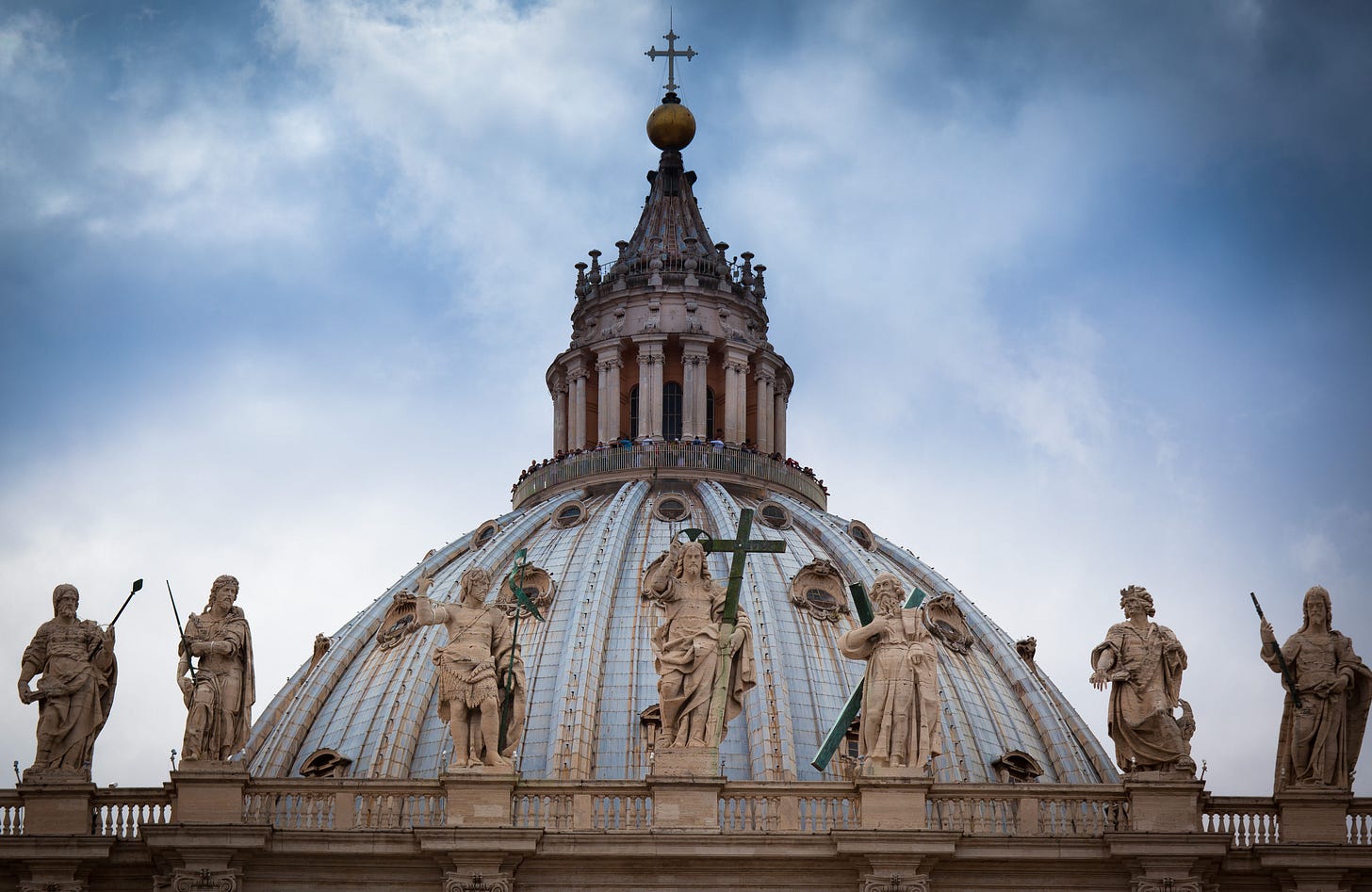Vatican and USCCB leave transgender policy texts unpublished
News: Gender identity
While U.S. bishops have made headlines for releasing policies addressing gender identity and pastoral ministry, guidelines on the subject have been drafted but not published by both the U.S. bishops’ conference and the Vatican’s doctrinal office, leaving diocesan bishops to address the issue at the local level.

